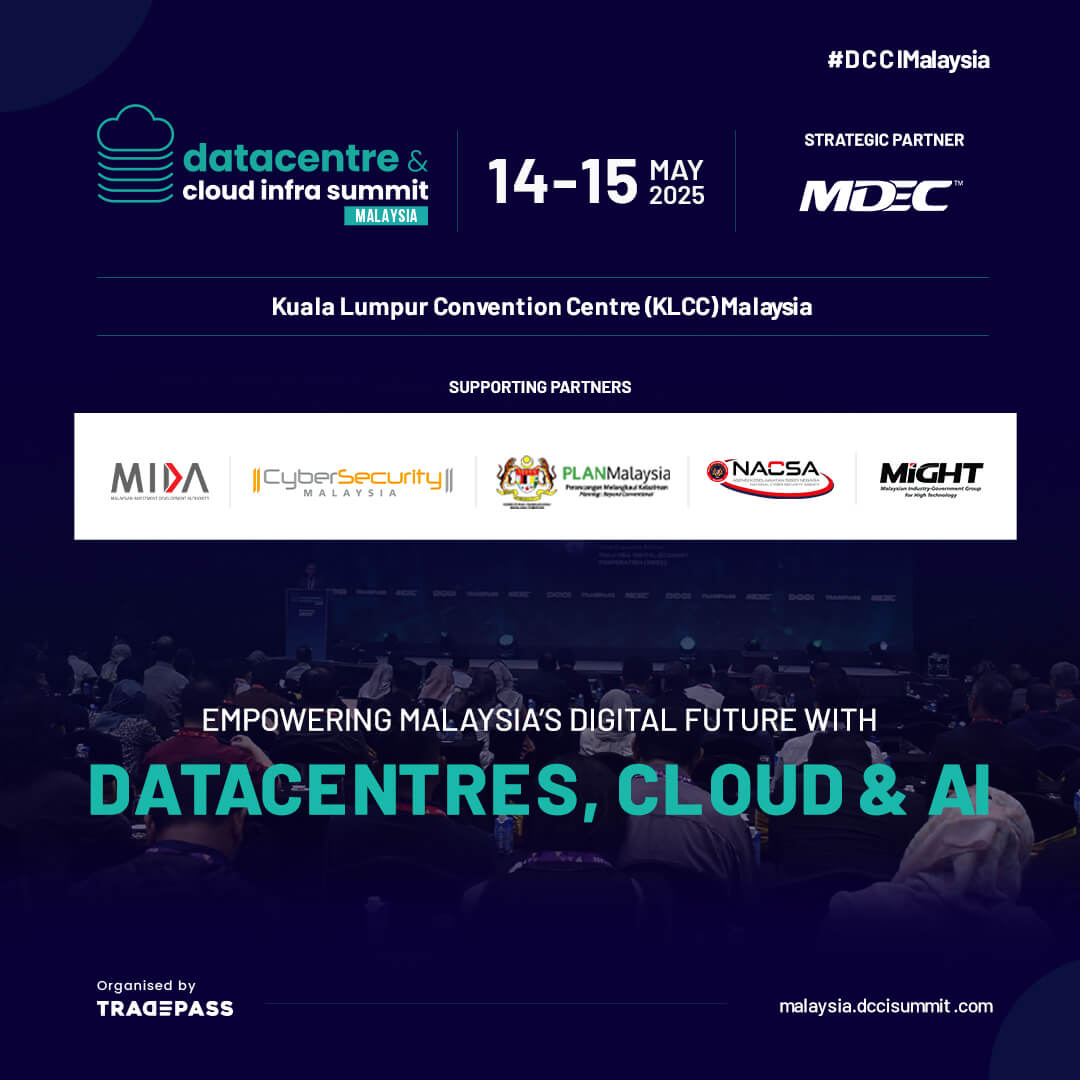Heaptalk, Jakarta — To achieve more optimal economic value at the regional level, multi-stakeholder partnerships play a crucial role in driving economic value for developing countries. Bambang Brodjonegoro, former Minister of National Development Planning/Head of Bappenas (2016-2019) and Economics Professor at the University of Indonesia, conveyed this idea at the High-Level Forum on Multi-Stakeholders Partnership (HLF MSP) 2024 in Bali (09/03).
In the thematic parallel session titled ‘Innovate to Elevate: Multi-Stakeholder Partnerships for Promoting Higher Economic Value at the Regional Level,’ Bambang highlighted that developing countries rich in resources need to address shortcomings in capital, technology, and human resources to transform their resource wealth into sustainable growth. One way is through Foreign Direct Investment (FDI), which can help developing countries process their resources.
However, he emphasized that governments must evaluate the type of FDI they invite to prevent investments that do not create added value. “This evaluation is what Indonesia is currently doing through downstream processing. For example, investors who come to process our nickel are given access to nickel and must develop and process it into stainless steel or EV batteries. That’s added value,” Bambang stated on Tuesday (09/03).
Additionally, the technology gap in the Global South and the need for investment in human resources, particularly in STEM fields and R&D, must be addressed promptly to ensure a productive and skilled workforce, especially in promoting development. He added, “Productivity must be supported by technology. Without proper technology adoption, we will always import it from advanced economies. We must develop our capacity to understand and utilize technology, which depends on human capability. Of course, we need to invest in this area for that to happen, and we need to invest in digital infrastructure.”
On the other hand, Shinta Kamdani, Chairperson of the Indonesian Employers Association, revealed that a single economic actor cannot create high economic value. She said, “Each actor must move within their sphere of influence to ensure we can sustainably generate innovations with high economic value. It will be tough if that doesn’t happen.”
Furthermore, Shinta highlighted three key factors that can generate innovation with high economic value. “Businesses and investors must be willing to invest in R&D for their growth. Higher education institutions must be capable of producing high-quality research and graduates who can translate academic knowledge into practical innovation. Innovations must meet societal needs and regulatory standards to be effectively integrated into the market,” she concluded.













